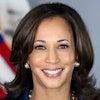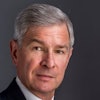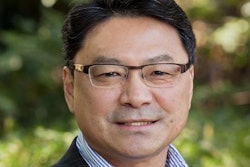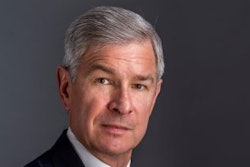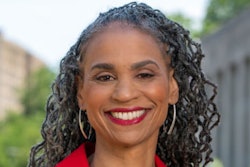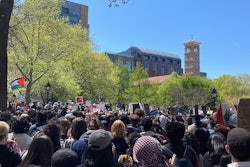A Year Later
New Orleans institutions take recovery efforts off campus.
By Scott Dyer
NEW ORLEANS
L ike the resilient residents, city leaders and community boosters battered and displaced by Hurricane Katrina, officials from the Big Easy’s colleges and universities vowed early on to come back.
But for Tulane University, one of the biggest challenges to overcome before resuming classes in January was finding schools for the children of the institution’s faculty and staff. There were also questions about whether grocery stores, dry cleaners and other businesses would be open in the uptown area of New Orleans where Tulane is located.
With the public school system showing few signs of recovery, Tulane donated $1.5 million to make sure a K-8 charter school —
the nearby Lusher School, which had a well-established reputation as one of the state’s best — would be open in January.
“We were pretty sure the bars were going to be open, and we were right,” jokes Paul Barron, Tulane’s interim provost and senior vice president for academic affairs. “We had to build a village for Tulane to be a part of.”
Tulane is just one of the many colleges and universities working to rebuild not only their campuses, but their surrounding communities. The higher education institutions are working to improve their individual neighborhoods, hoping to convince more of the city’s 455,000 residents to return home.
A year after Hurricane Katrina flooded 80 percent of this city, colleges and universities are recovering more quickly than the neighborhoods around them, and have become beacons of normalcy in a landscape of devastation. Xavier University of Louisiana, Southern University at New Orleans, Tulane and Delgado Community College are all looking to recapture more than 70 percent of their pre-Katrina enrollments this fall.
